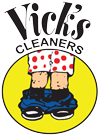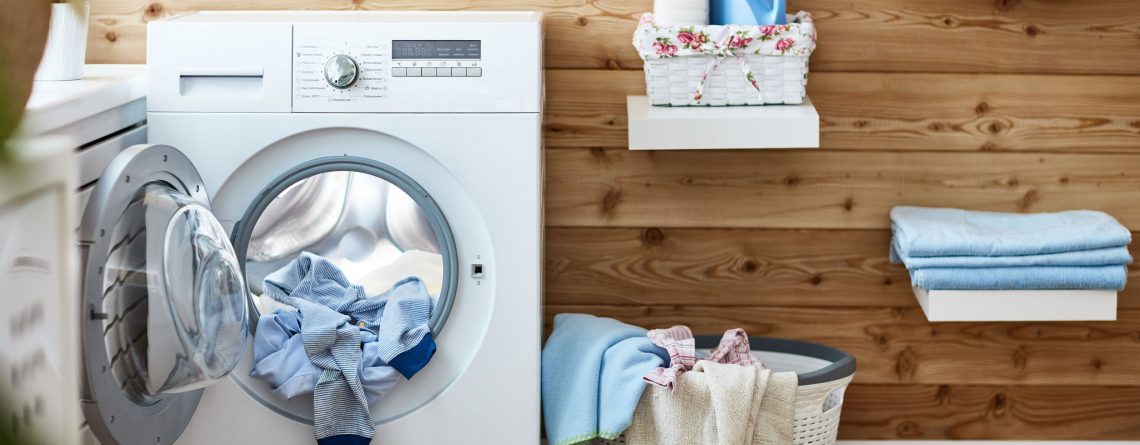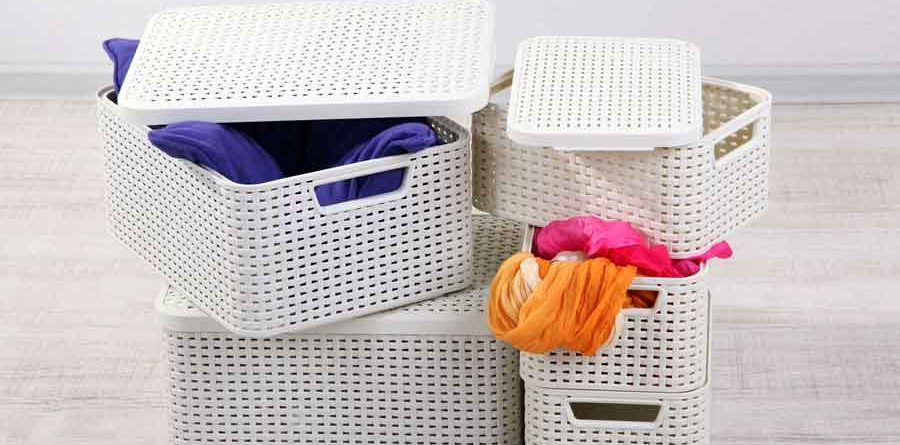Why You Must Separate Your Laundry
Did you learn the hard way that washing your colors with your whites in hot water can turn all your white clothes into pastels? Even if you wash all your clothes in cold water, it is very important to sort your clothes by color. Keeping your clothing in good shape requires thought and care. Here’s what to do:
Wash When Dirty
Your clothes do not need to be washed each and every time you wear them. If you did not spill anything on your clothing, sweat in your clothing, or make them dirty in any other way, it is not absolutely necessary to wash after wearing them. Of course, you should use your best judgment. If you decide the item does not need washing, fold it or hang it back up so it will not become wrinkled. Jeans, suits, sweaters, and flannels are items that do not need to be cleaned often.
Sort Darks & Lights
When it is time to wash your clothes, you must sort the darks and whites. Sure, washing them all together in cold water may not have dyed any of your clothes just yet, but it will still cause your darks to fade and whites to look dingy over time. It may not be noticeable after one wash, but it will become noticeable over time. Sort your clothes and when washing your darks, turn dark clothes and heavier items, such as sweaters and jeans, inside out. This provides protection and preserves the color.
Home Remedies
If you can’t make it to the dry cleaner’s and need to freshen up your clothes, add a teaspoon of baking soda into your washing machine along with your detergent. This will also help keep the colors bright. If you end up forgetting about that load of laundry you threw in the wash 4 hours ago, don’t put them directly into the dryer. If they smell a little funny from being left in the wash for hours, wash them again with a cup of white vinegar and water, which will kill the mildew.
Clean Your Washer & Dryer
Some high-end washers and dryers may come with a self-cleaning option, but if not, make sure to check on yours to ensure they are clean. Make sure there are no items, liquids, or anything inside the washer or dryer. Always check the lint filter as well.
Professional cleaning by Vick’s Cleaners will prevent you from having to replace your favorite clothing items when they are washed improperly. If you don’t have time to swing by, Vick’s Cleaners offers pick-up and drop-off services.
Vick’s Cleaners
Vick’s Cleaners has been proudly serving Kinston and surrounding areas in North Carolina for more than 100 years by providing quality dry cleaning and garment cleaning services, excellent customer service, and unmatched convenience. We currently have 3 locations for your convenience in Kinston and Snow Hill as well as pickup and delivery, including New Bern. Contact us today!



